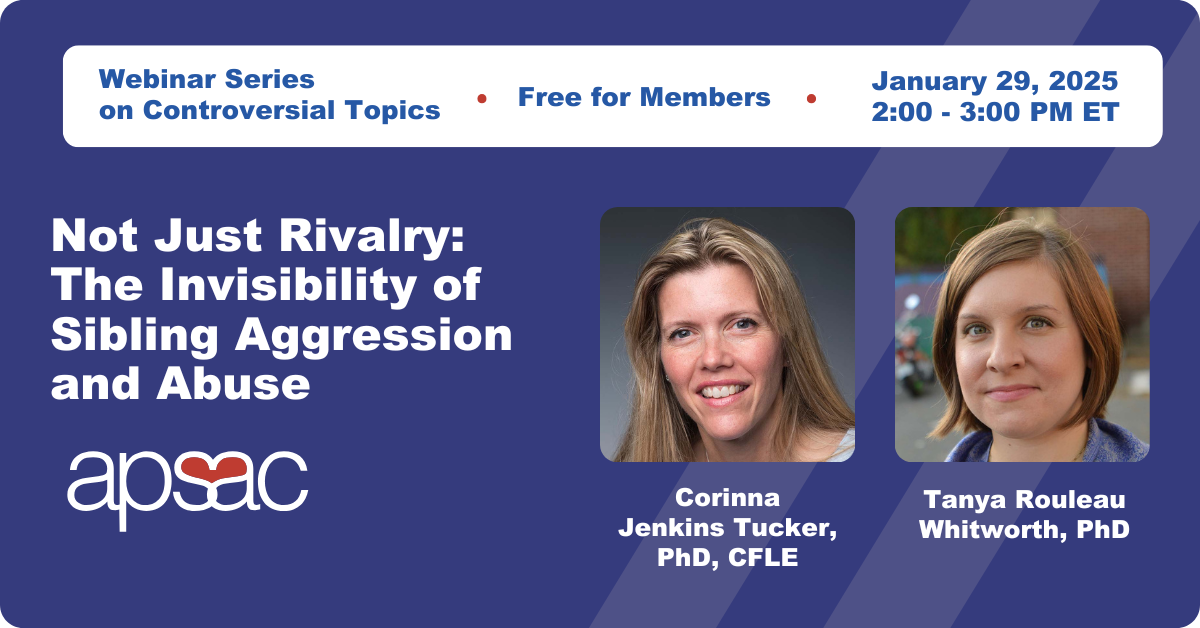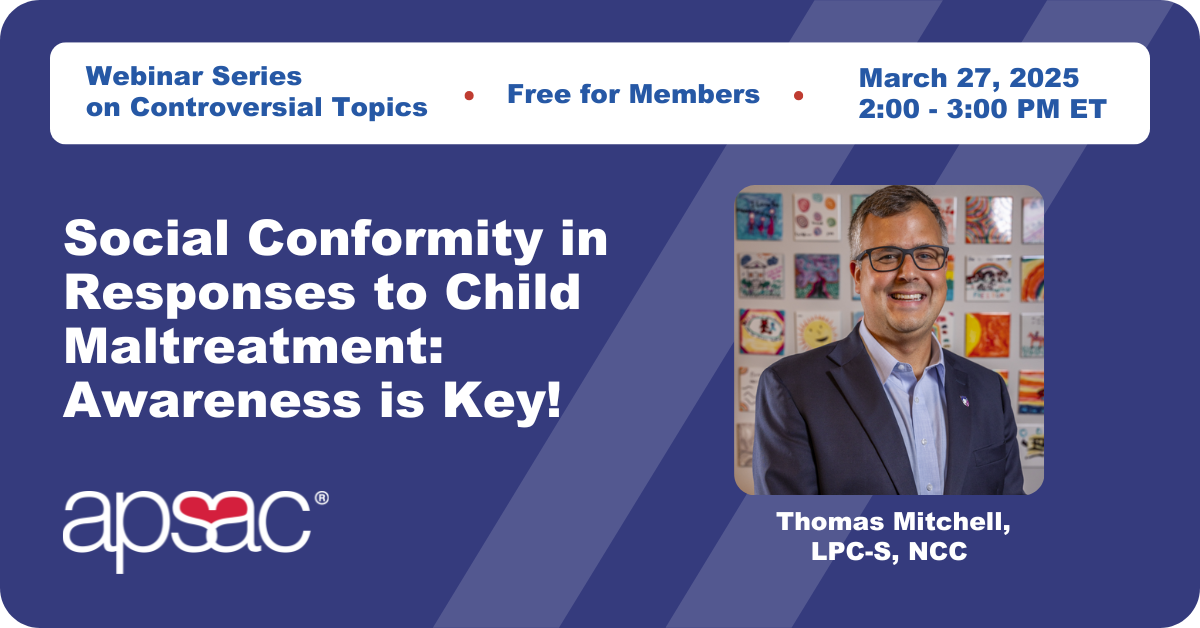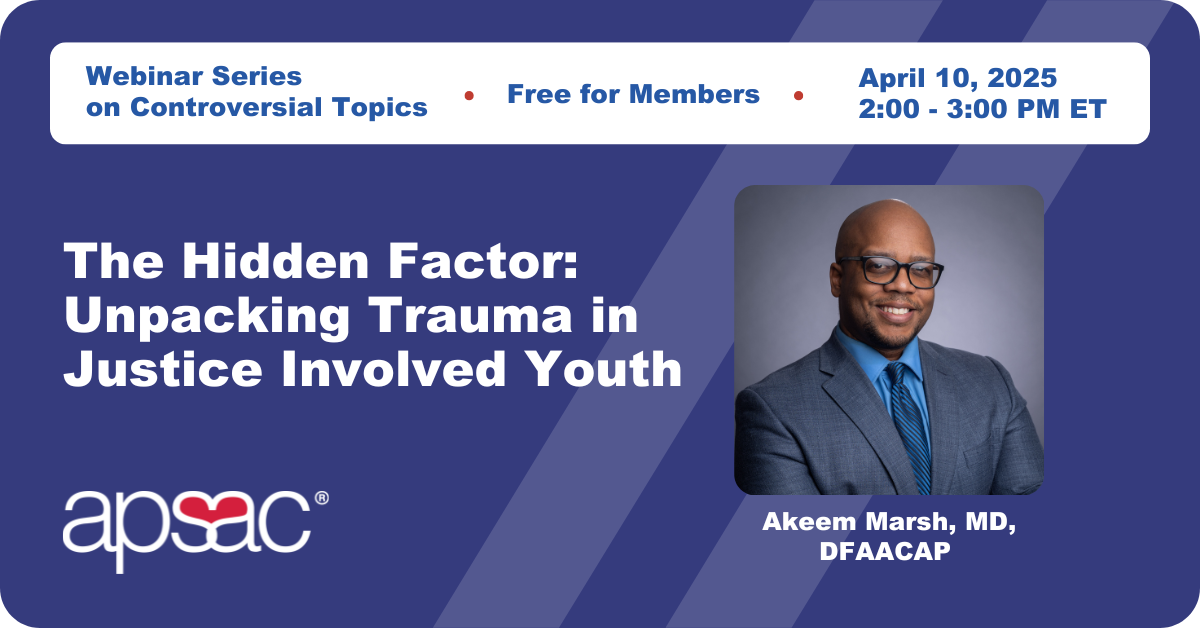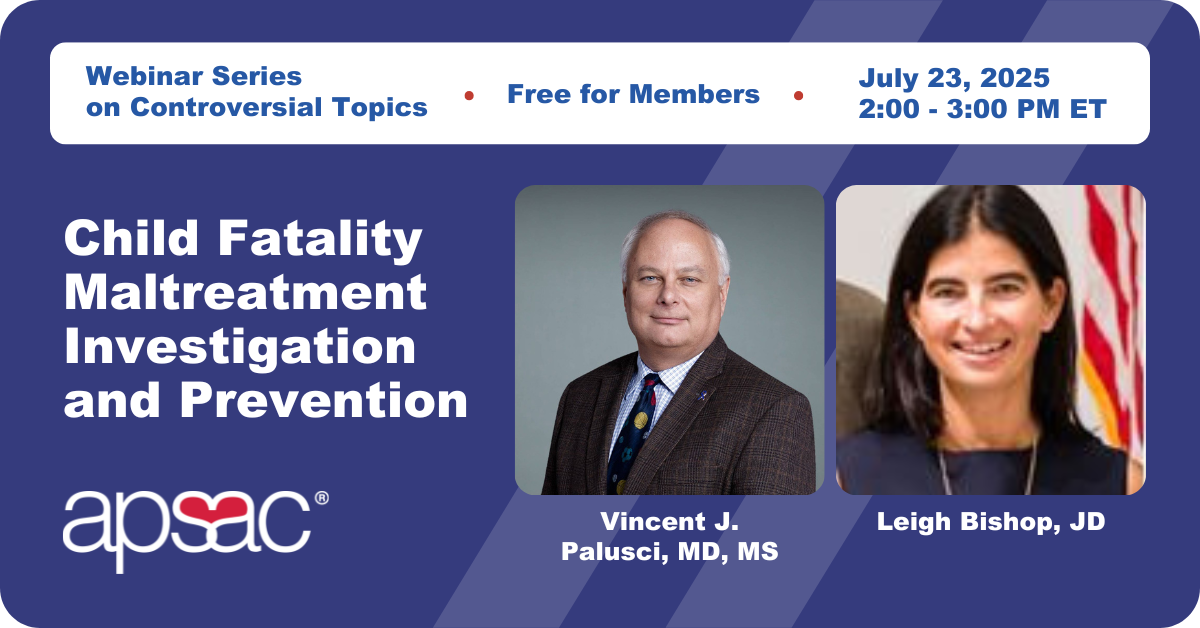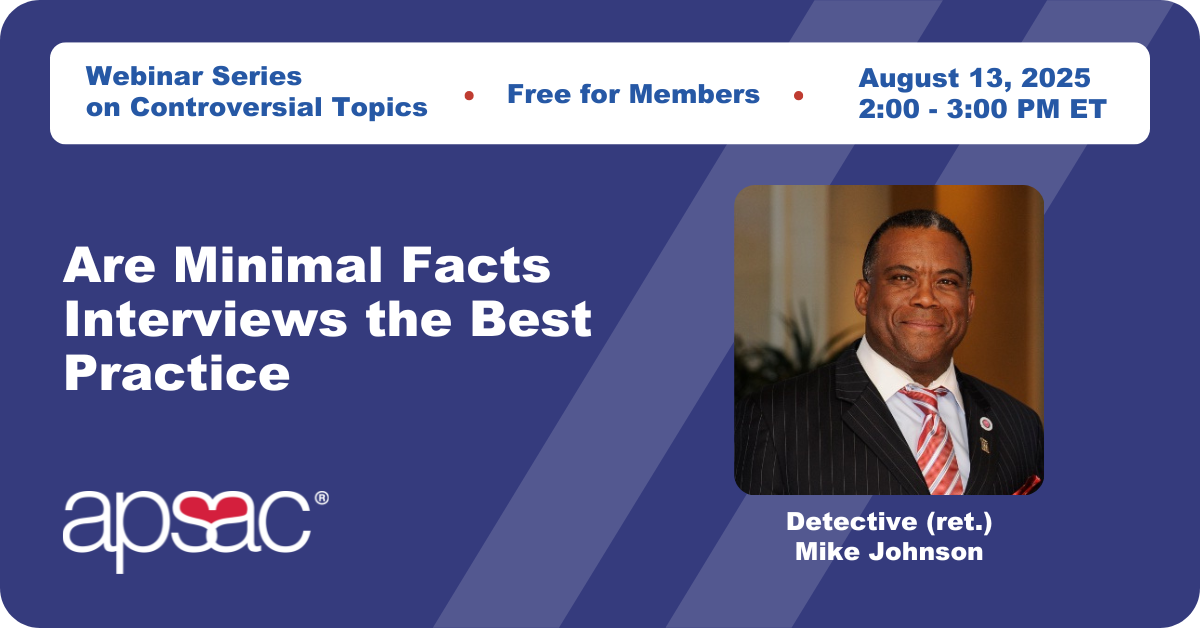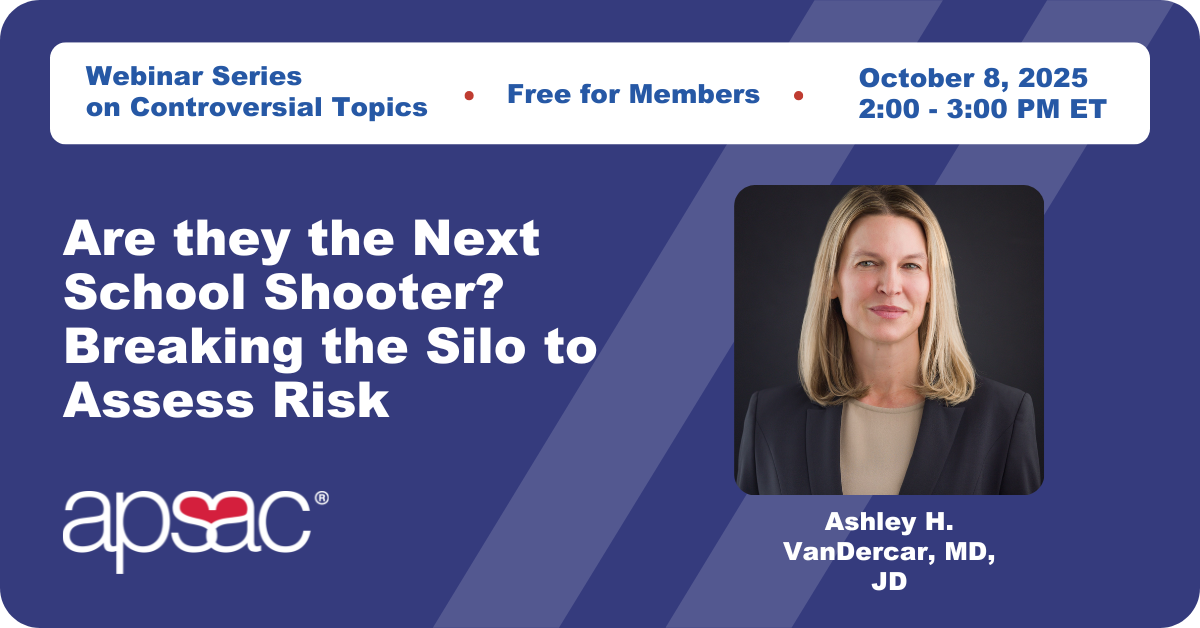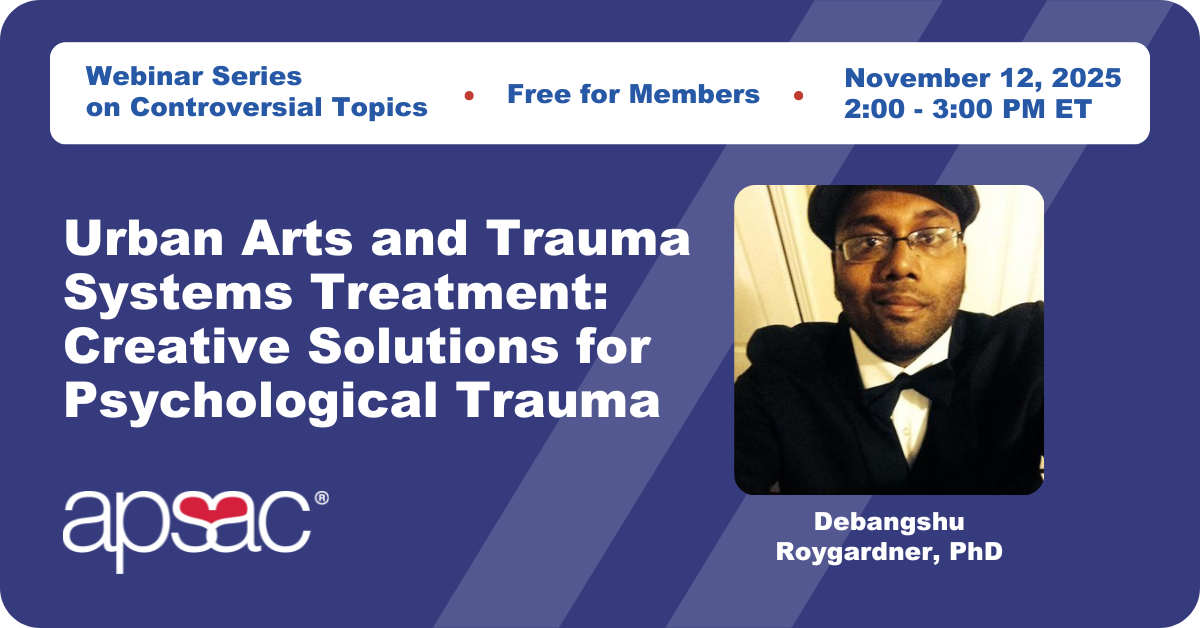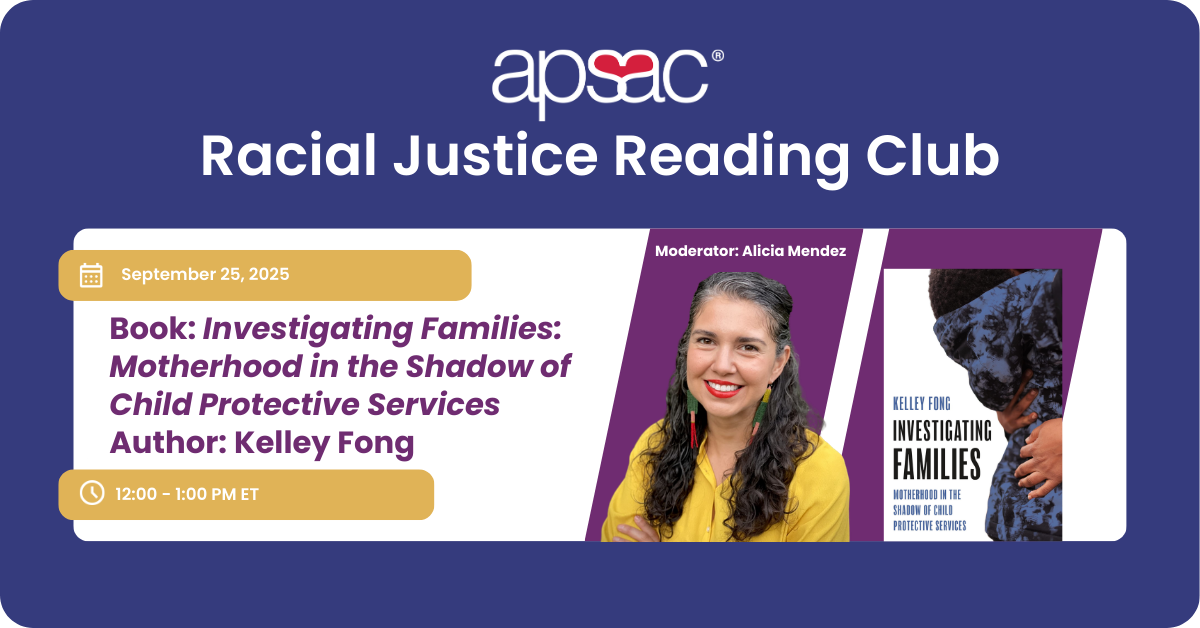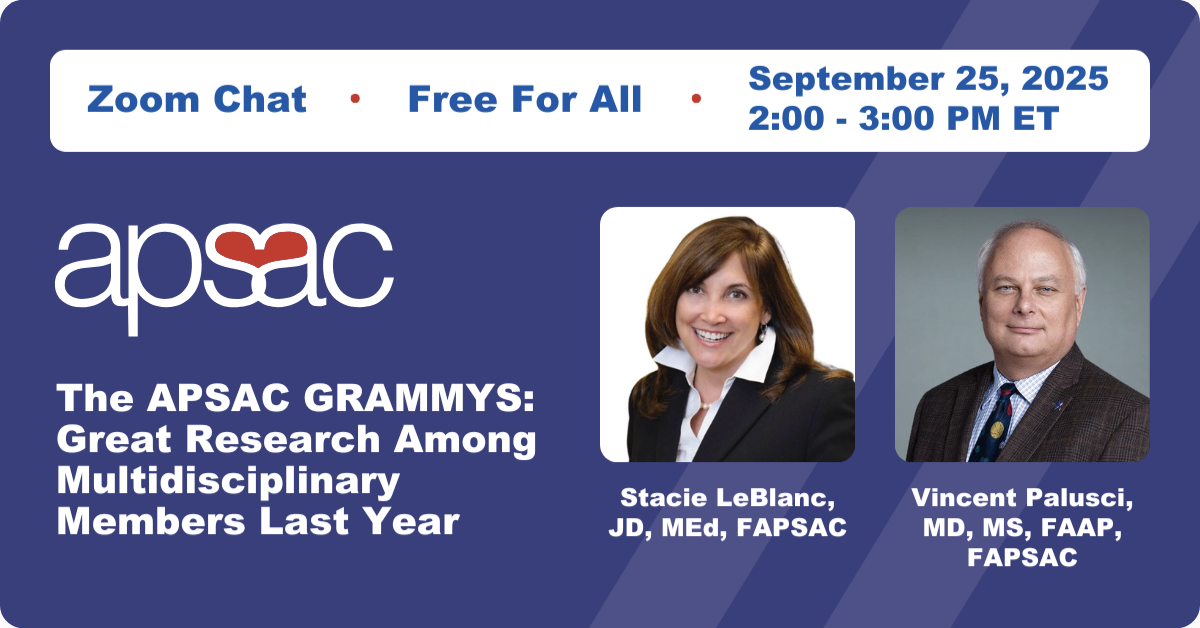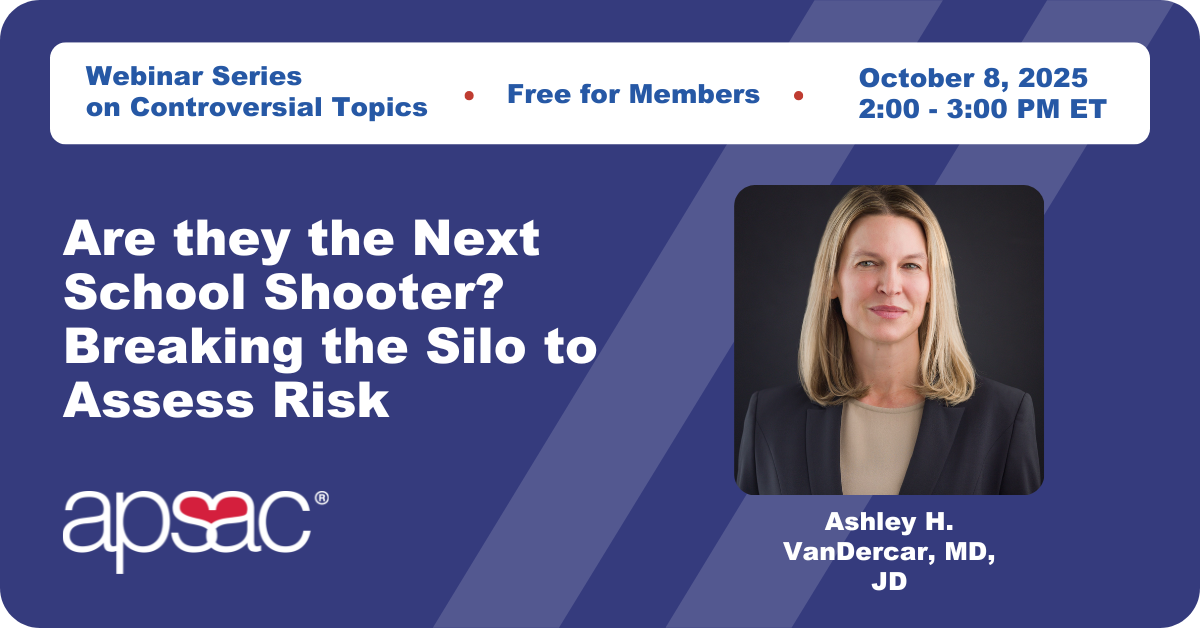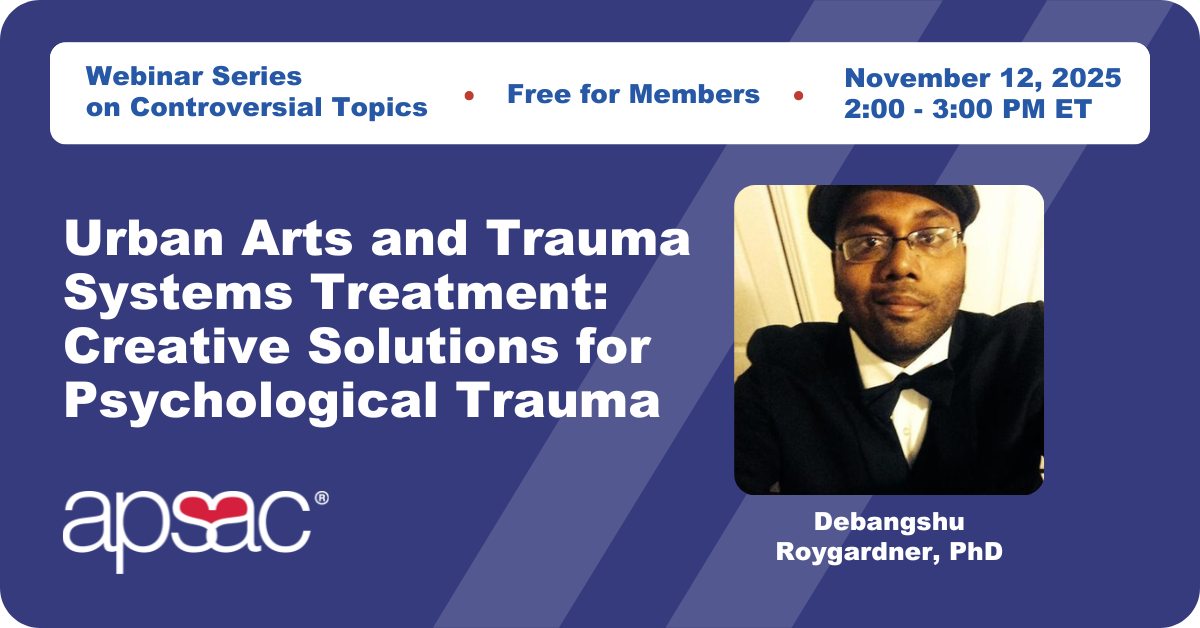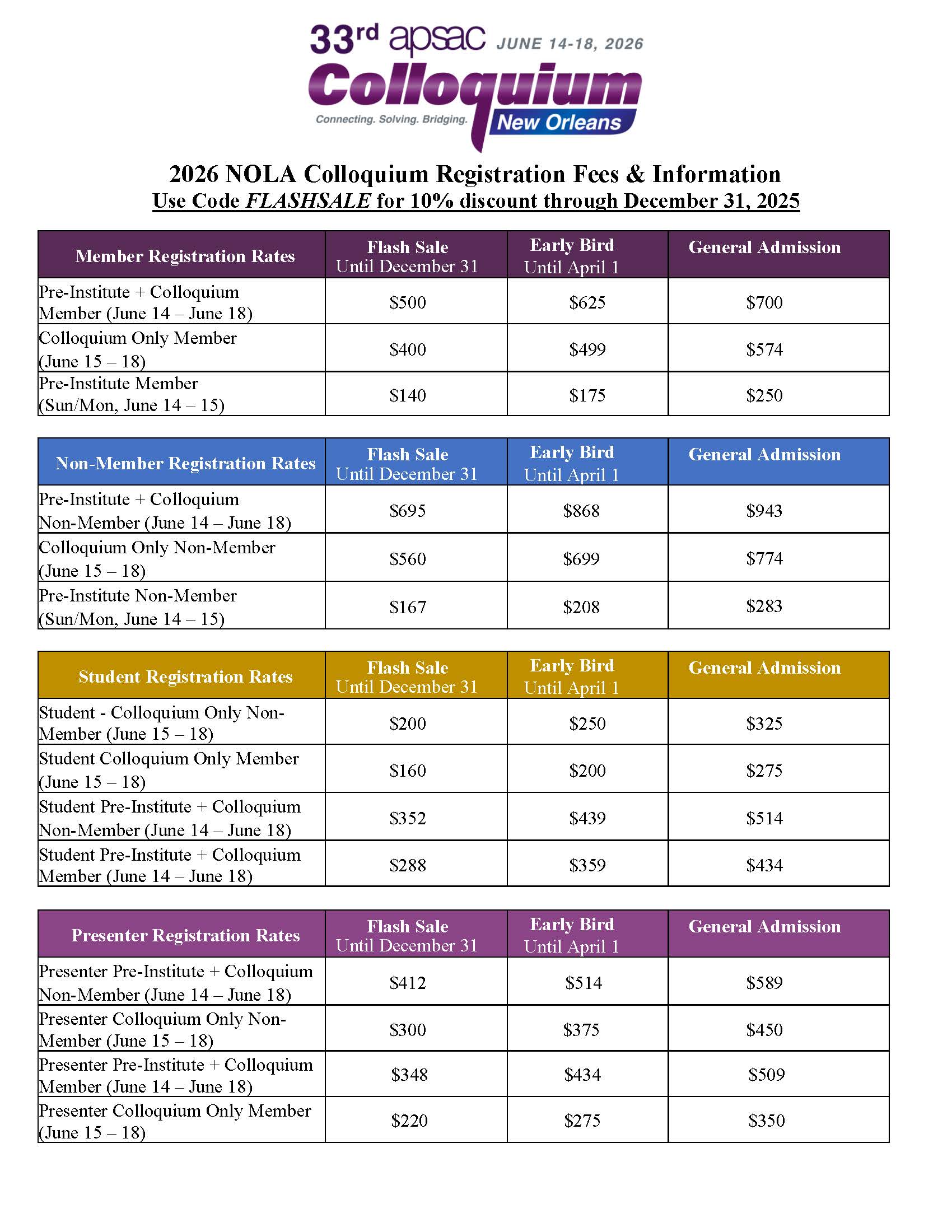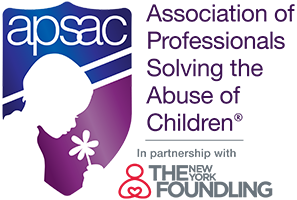
| 1/5/2026 -6/18/2026 | 8:00am to 5:00pm | ||||||||||||||||||||||||||||||||||||||||||||||||||||||||||||||||||||||||||||||||||||||||||||||
Theme: Connecting. Solving. Bridging. For over three decades, the APSAC Colloquium has been a cornerstone for professionals and researchers working to prevent and respond to child maltreatment. Now in its 33rd year, this go-to conference continues to bring together the field’s most respected voices and emerging innovators for a one-of-a-kind learning and networking experience. The 33rd APSAC Colloquium brings together professionals, researchers, and advocates who believe that real progress happens when we connect across disciplines, solve with shared purpose, and bridge gaps in systems, communities, and understanding. Set in vibrant New Orleans, where collaboration and culture meet, this year’s gathering invites voices to come together -where various voices harmonize like jazz, creating bold, lasting solutions for children and families. For the third year in a row, the Colloquium returns to New Orleans—a city where scholarship meets soul. Attendees don’t just come for the sessions—they return for the connection, culture, and community. Past participants have paraded in second lines, joined jazz-infused bar crawls, and built meaningful collaborations over beignets and bold ideas. Group Registration Discounts Cancellations:
more info... | 6/14/2026 -6/18/2026 | 8:00am to 5:00pm | ||||||||||||||||||||||||||||||||||||||||||||||||||||||||||||||||||||||||||||||||||||||||||||||

